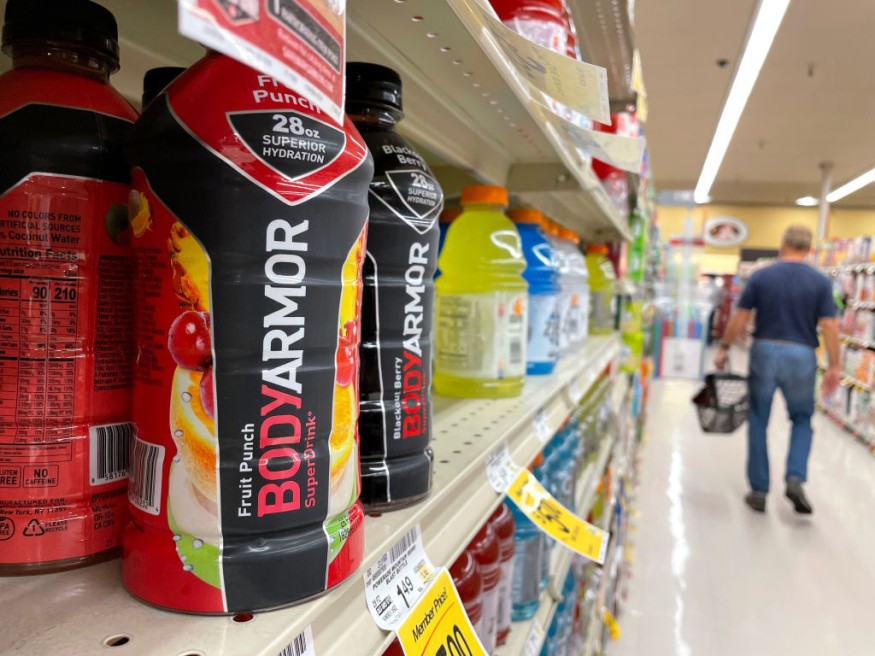
PepsiCo is facing legal challenges over the marketing of its Gatorade protein bars. A federal judge in San Jose, California, ruled on Wednesday, August 14, that certain false advertising claims against the company can proceed.
The lawsuit, filed by three fitness enthusiasts, argues that PepsiCo misled consumers into believing that its Gatorade protein bars are a healthy choice, despite containing more sugar than protein and even more sugar than regular candy bars.
Lawsuit Alleges Deceptive Marketing of Gatorade Protein Bars
According to Reuters, the plaintiffs allege that PepsiCo's marketing practices were deceptive, highlighting that the bars contain 29 grams of sugar, including 28 grams of added sugar.
This amount exceeds the American Heart Association's recommended daily limit of 25 grams of sugar for women. In comparison, the bars provide only 20 grams of protein. The plaintiffs claim that the high sugar content of the bars makes them more akin to "fortified junk food" than a healthy snack option.
The lawsuit contends that the high levels of added sugar in the bars contribute to serious health issues, such as obesity, diabetes, and cardiovascular disease. According to the plaintiffs, if they had known about the bars' nutritional content, they would not have purchased them or would have paid a lower price. As a result, they are seeking compensation for their losses.
PepsiCo, headquartered in Purchase, New York, has dismissed the claims of deception as "implausible." The company argues that it did not promote the bars as healthy or low in sugar, particularly for flavors like Chocolate Chip and Cookies and Cream. The company also points out that its products are in compliance with federal labeling requirements.
In a statement, PepsiCo emphasized that the US Food and Drug Administration (FDA) does not consider sugar a "disqualifying ingredient" when it comes to health claims. The company argues that it has the right to make claims about the health and protein content of its products as long as they comply with federal regulations.
Judge Allows Claims to Proceed but Denies Injunction
However, US District Judge Casey Pitts ruled that certain claims made by the plaintiffs regarding false or misleading advertising could proceed. The judge noted that while PepsiCo's claims about the bars' protein content and muscle-building benefits might be in compliance with federal regulations, the company's broader marketing statements could still be misleading to consumers.
The judge allowed the plaintiffs' claims of false advertising to move forward but rejected their request for injunctive relief. He stated that there was no immediate threat of harm that would be resolved by granting an injunction, Courthouse News Service reported.
Judge Pitts also suggested that consumers should take responsibility for examining the labels on the bars to avoid any potential future harm.
The lawsuit, McCausland et al v PepsiCo Inc., is being heard in the US District Court, Northern District of California, under case number 23-04526.
PepsiCo, a global food and beverage giant, also owns popular brands like Fritos, Lay's, Mountain Dew, and Ocean Spray. Despite the company's efforts to dismiss the claims, the lawsuit against PepsiCo's Gatorade protein bars will continue to move forward in court.
As the case unfolds, it will likely draw attention to the broader issue of how companies market their products and the impact of their claims on consumer health and well-being.
The plaintiffs' attorney, Maia Kats, expressed satisfaction with the ruling and affirmed their commitment to pursuing the case.
Related Article : Stop & Shop Decision to Close 32 Stores Stirs Emotions Among Patrons















